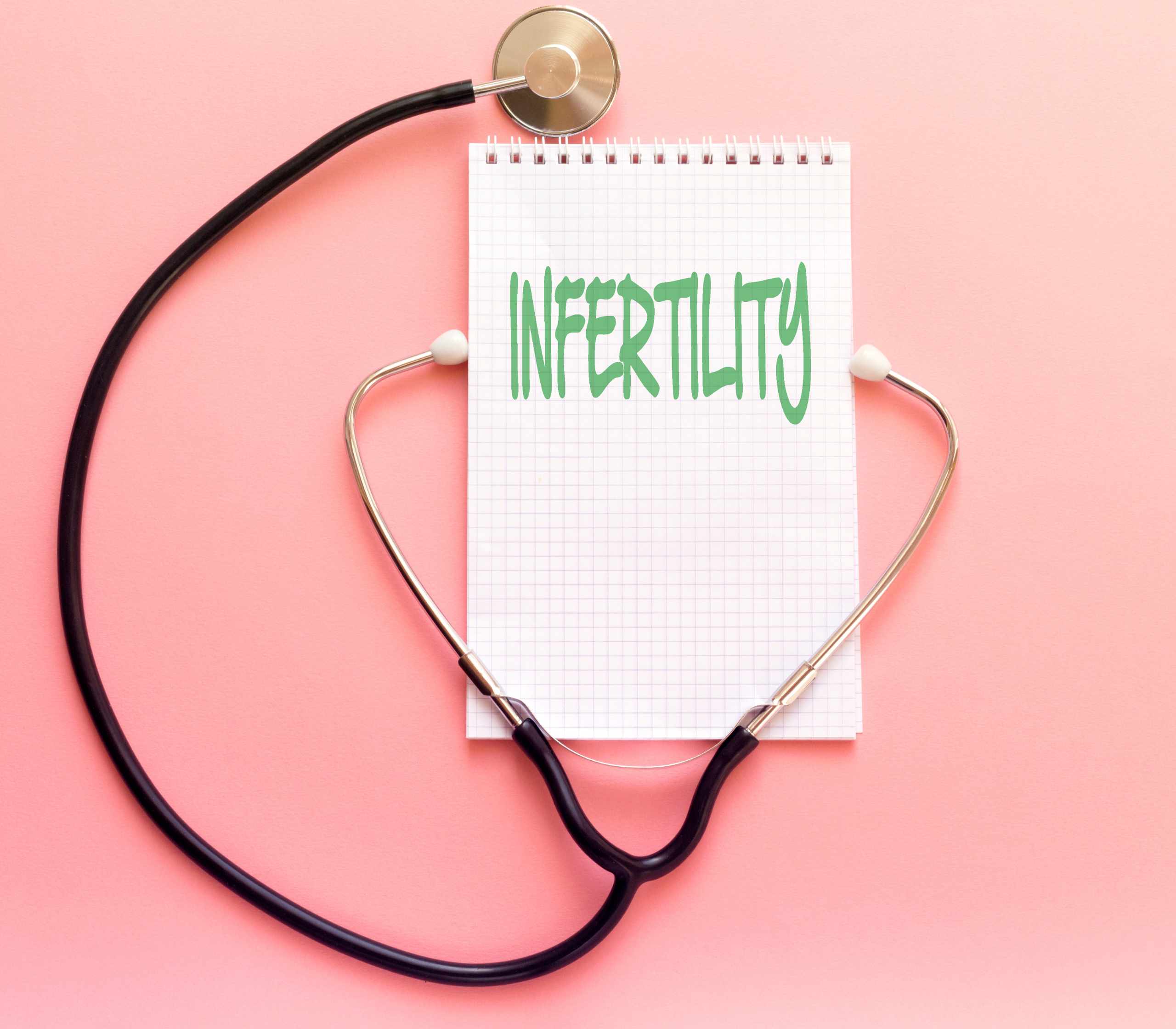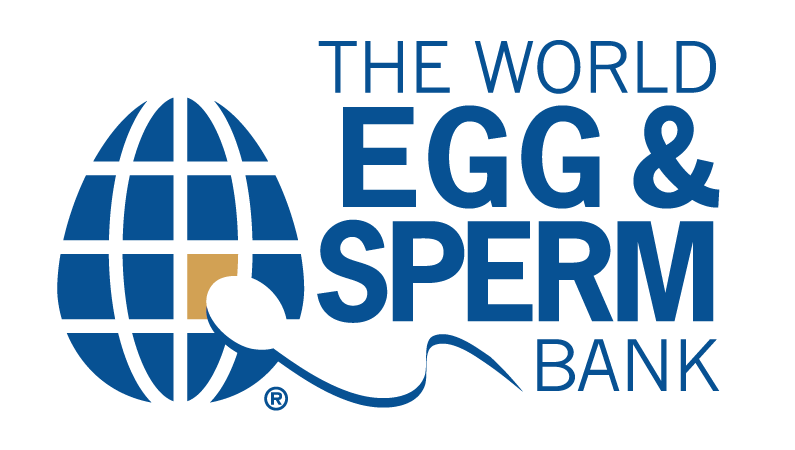How Do You Know If You’re Facing Infertility: Recognizing The Signs

Before we get into today’s topic, please remember to always consult with your health care provider if you have any concerns regarding your reproductive health. While the topic of today’s blog may be insightful, nothing will be as helpful as the direct answers your doctor can give you. With that being said, we do hope today’s blog can provide insight and resources for you. So, let’s jump into how do you know if you’re facing infertility!
Question 01: How do you know if you’re facing infertility?
We get frequent questions from donors and future parents alike asking, “How do you know if you’re facing infertility?”, “Does this mean I’ll never be able to get pregnant?”, “What does infertility mean and how does it affect my body?” In today’s blog, we have answers along with more commonly asked questions surrounding infertility.
Question 02: What is Infertility?
Generally, infertility is defined as the inability to conceive after one year of regular, unprotected intercourse. For women over 35, this period is typically reduced to six months. If conception does not occur within these timeframes, it might be time to consult with a healthcare provider about your reproductive health.
For added context, conception involves critical steps, any of which can be a point of difficulty:
- Ovulation: The release of a mature egg from the ovaries.
- Fertilization: The egg must meet and be fertilized by sperm, usually in the fallopian tube.
- Transport: The fertilized egg (embryo) must travel to the uterus.
- Implantation: The embryo must implant into the uterine lining to establish a pregnancy.
If any one of these steps does not occur, then pregnancy will not happen.
Question 03: How Common is Infertility?
Infertility is common. In fact, it’s one of the most common health issues affecting both men, women, and people assigned either male or female at birth. But please do not fear if you are in the questioning phase. This does not in any way mean that you will be unable to start your family. It just means that you may need a little help getting started. Whether you’re trying to conceive naturally, through surrogacy, adoption, or with the help of a sperm or egg bank like us, there are bountiful amounts of resources in our world to help and aid you in your journey regardless of how it starts.
Question 04: How Infertility Affects Both Men and Women
Infertility impacts both men and women, though the causes and manifestations can differ.
In Women:
- Ovulation Disorders: Issues with the ovaries, such as polycystic ovary syndrome (PCOS) or premature ovarian failure, can prevent the release of eggs.
- Tubal Factors: Blocked or damaged fallopian tubes can prevent sperm from reaching the egg or block the fertilized egg from reaching the uterus.
- Endometriosis: This condition, where tissue similar to the lining inside the uterus grows outside it, can cause severe pain and fertility problems.
- Uterine or Cervical Abnormalities: Abnormalities in the uterus or cervix, such as polyps, fibroids, or septum, can interfere with implantation or increase the risk of miscarriage.
In Men:
- Sperm Production Issues: Low sperm count, poor sperm motility, or abnormal sperm shape can affect the ability to fertilize an egg.
- Hormonal Imbalances: Issues with the pituitary gland or testicles can lead to inadequate production of testosterone and other hormones necessary for sperm production.
- Ejaculation Disorders: Conditions such as retrograde ejaculation or blockages in the reproductive organs can prevent the proper delivery of sperm.
- Varicocele: Enlarged veins in the scrotum can heat the testicles, affecting sperm production and quality.
Question 05: Recognizing the Signs of Infertility
When figuring out how do you know if you’re facing infertility, there are some signs that may help indicate infertility:
For Women:
- Irregular Menstrual Cycles: This can signal issues with ovulation. While cycle length can vary, consistently irregular periods might be a cause for concern.
- Painful Periods: Severe pain during menstruation could indicate conditions like endometriosis, which can affect fertility.
- Hormonal Imbalances: Symptoms such as skin issues, reduced sex drive, or facial hair growth in women could point to hormonal problems that affect fertility.
- Previous Medical Conditions: A history of pelvic inflammatory disease, sexually transmitted infections, or surgeries on the reproductive organs can impact fertility.
- Age: Fertility naturally declines with age, particularly after the age of 35 for women.
- Unsuccessful Conception: If you’ve been trying to conceive for over a year (or six months if over 35) without success, it might be time to seek medical advice.
For Men:
- Changes in Sexual Function: Issues such as difficulty with ejaculation, reduced sexual desire, or problems maintaining an erection can be signs of underlying health issues impacting fertility.
- Pain or Swelling in the Testicles: These symptoms could indicate conditions such as varicocele or infections that can affect sperm production.
- Hormonal Issues: Signs such as changes in hair growth, reduced muscle mass, or other symptoms of hormonal imbalance can impact fertility.
- Low Sperm Count: A semen analysis revealing a lower-than-normal sperm count can indicate fertility issues.
Question 06:Taking the Next Steps
So, how do you know if you’re facing infertility? This starts by taking that first step of consulting with a healthcare provider. They may conduct a series of tests to diagnose the cause and recommend treatments or interventions. Treatments can range from lifestyle changes and medication to assisted reproductive technologies such as in vitro fertilization (IVF).
At The World Egg and Sperm Bank, we understand the emotional and physical challenges of dealing with infertility. We’re here to provide support, resources, and options to help you on your path to parenthood. Remember, infertility does not mean the end of your dream to start a family; it simply means the journey may be different, and there is help available every step of the way.
Register Today!
For more information regarding how to find an egg and/or sperm donor, please reach out to our team at The World Egg and Sperm Bank and start your remarkable journey toward parenthood today! If you are interested in becoming a future parent the browse our egg donor or sperm donor list today!
Follow us on our socials!
Check out our Instagram, Facebook, and LinkedIn pages to see our content and learn more!





